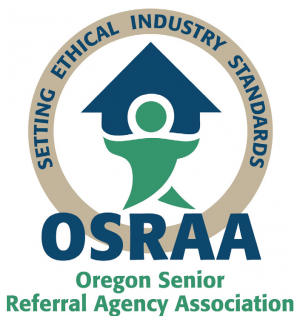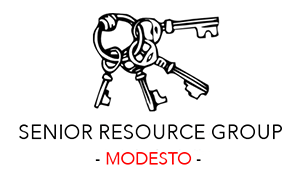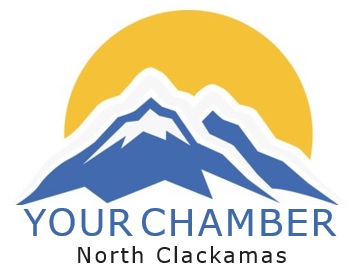Sitting Down With a Funeral Director to Discuss End of Life Issues

Death is a very uncomfortable topic for anyone to discuss or even think about. But it is something that is important for all families to be prepared for, especially when there are senior loved ones involved. One of the most effective ways to help dismantle the stigma surrounding death is to speak to someone who works in the industry themselves. Scotti, the subject of this interview, worked as a funeral director for years, and has taken the time to sit down with us to answer some of our questions.
Golden Placements: First off, can you define what a funeral director does exactly?
Scotti: A funeral director meets with the family when a loved one has passed, to make arrangements for services that are needed. This can include picking the body up and having it cremated with no services, to being embalmed and having a mausoleum entombment. The director is involved with all of these processes.
GP: Is there a more reputable or less reputable funeral home? How do you know which facility to pick?
Scotti: It varies from state to state, but there is generally an organization like the Oregon Cemetery and Mortuary Board that you can go to. It’s kind of like a contractor’s board, where the director is licensed, like a Better Business Bureau organization. You can look up the individual licensee, the funeral home, or the cemetery. Personally, I’m a card-carrying embalmer.
GP: What are the most commonly asked questions you get from families?
Scotti: What happens with the body? Do you only have a limited amount of time before the body must be buried? What is a death certificate?
People are of course concerned about the body and they want to know how their loved one who has passed will be cared for. Most people feel a big pressure to bury the body right away, but you can really wait as long as you need to. If you can’t get into town or you can’t find the next of kin to sign for the body, it can be stored by the funeral home for a few months.
And the death certificate question comes up right away. People know they need one but aren’t sure why or for what. A death certificate isn’t the same as a will. It is written by the funeral director and the doctor or person who pronounced the death. It lists a cause of death, time of death, and it has the signatures.
Certified copies need to be made, and the family will need this for everything. You will need a death certificate to access bank accounts, insurance policies, closing a leasee, everything. That’s the biggest thing to know ahead of time: how to get your family access to all your accounts after you pass.
GP: What is some advice you wish people knew before they came to you?
Scotti: Well, as far as advice for people generally… just to take care of your affairs. I know it sounds cliche, but if you have a 401k or a life insurance policy, be sure your beneficiaries are up to date. It can be really hard for the remaining family to access the money if those documents are not up to date. The family will have to prove they’re next of kin, and it’s a whole ordeal.
Also, people often think that everything is already dealt with because the loved one who has passed had an insurance policy. But most funeral homes don’t accept insurance, they take payment up front, and then the family needs to get reimbursed by the insurance policy. Some funeral homes will accept insurance, but it isn’t automatic.
GP: What does an average funeral cost?
Scotti: It’s hard to come up with an average. The services can range from a simple cremation at $500 – to a funeral with everything and grave for closer to $35,000. To pick an average, most people probably spend around $18,000. But a cremation with a memorial is closer to the $5,000 – $7,000 range.
GP: Do you have any resources that you would direct people to before the funeral?
Scotti: The Mortuary and Cemetery Board have a lot of brochures and information. You can learn what it means to pre-plan. Some people sell insurance policies that do pre-planning, too. But really, the best way to pre-plan is talk to somebody who knows something about it.
I would want to have someone come in and lead talks that could help prepare people. I used to volunteer to just come in and sit down in an office over lunch and talk to people about how to prepare. It’s something you don’t want to necessarily think about on a Tuesday afternoon, but it’s really the last gift you’re leaving to your family.
GP: On a personal note, how did you deal with what most people consider to be a morbid career?
Scotti: You’re with the family from the beginning to the end. And every time, you go through the process with the family from the moment of complete despair to when it is all finally over and done with. And in that time, that very brief time, you see their hope grow back bit by bit.
For more resources see our resources page or view our blog.







